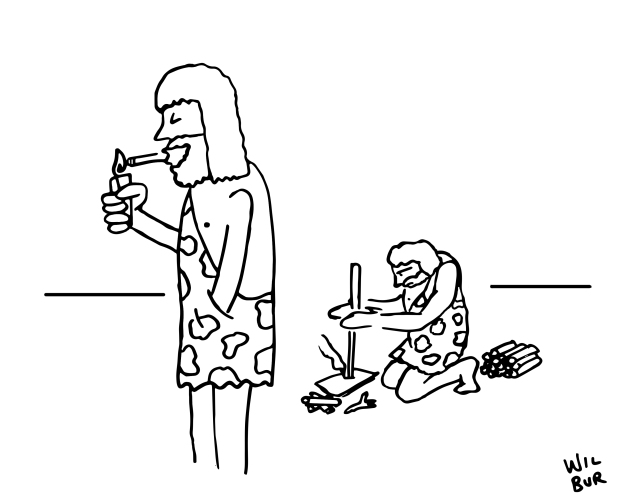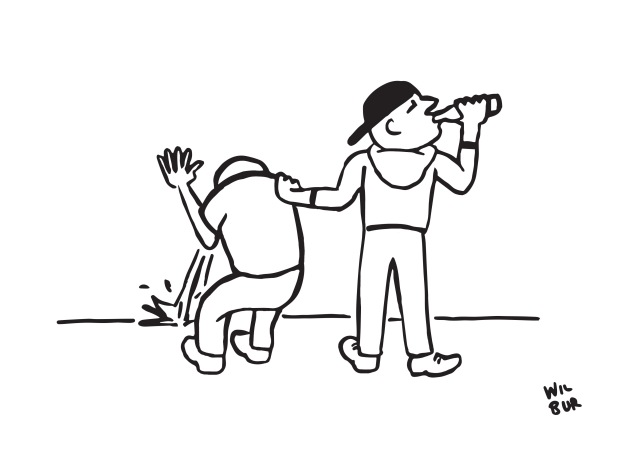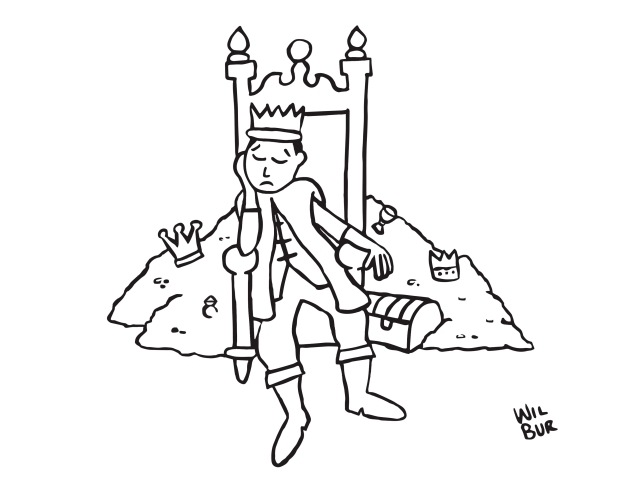
Recently, personal matters have replaced doing research for my essays. But I’ve still been pondering about the world we live in and want to share those thoughts. Instead of a full essay this week, the following are four short musings/questions to get us thinking:
FASHION: Now that it’s summer, Teva sandals are everywhere. The terrible ’90s fashion statement is back in full force, but how are they still a thing? It’s like a hippie scourge on the community—an ancient fashion statement with modern velcro amenities. And don’t even get me started on wearing socks with sandals. It all begs the question: What’s the point of keeping up with fashion trends if nothing really changes for thousands of years?
BUSINESS: “…but how do they monetize it?” This was the only piece of a conversation I heard between two gentlemen in suits walking downtown. And what a question—a question that sums up so much of our current age. First, there’s how the question is asked. It’s at once a valid question and concocted jargon. Using the word “monetize” feels like contemporary boasting, like spitting out questions on ROI, A/B testing, or running lean—valid yet trite buzzwords to show that we “get” it, that we’re business savvy, that we ask the right questions in the right ways. In a strange way, it has become trendy to use pretentious business-speak. Second, there’s the economic dilemma of the question. In a world of “free” online content—a digital sharing glut—there seems to be this underlying (maybe unconscious) feeling that if we get enough users or followers, tap into the network effect like Zuckerberg did, then we make it rich. Simple. Except there’s still that nagging detail of how to grow a money tree from a foundation of nonpaying consumers. Google, a company notorious for asking tough interview questions, is cited as asking interviewees, “If ads were removed from YouTube, how would you monetize it?” And that’s really hitting the nail on the head, isn’t it? The business challenge of our era is that we, as customers, expect things to be free, but we, as businesspeople, do not know how “free” can sustainably make money (sorry, “be monetized”).
LANGUAGE: Horny is the word for feeling sexual arousal, but it’s hormones that cause the feeling. Wouldn’t it make more sense to say “hormy”?
HISTORY: Let’s assume Elon Musk’s vision of technologically-advanced humans plays out in the way he wants. We all become enhanced cyborgs living in a world of robots and super intelligent A.I. Who then will be the legends of today—the heroes that go down in the history books? If “history is written by the victors,” as Winston Churchill allegedly said, then will the superstars of our current era be remembered not as the Steve Jobs and the Elon Musks, but as the digital tools they created? It is not the climbing gear that gets the glory of being the first to climb Mt. Everest; it is the climber (but only because we are the victors—the tellers of the story). In Elon’s future, are modern humans merely the tools that machines will use to accomplish their historic feats? Will it be the implanted Neuralink brain chips of influential people that are remembered as the important historic figures rather than the people themselves?




 Importance is the worst thing to put on art, comedy—creativity of any kind. […] If you think this is important, you’re screwed before you write the first word.
Importance is the worst thing to put on art, comedy—creativity of any kind. […] If you think this is important, you’re screwed before you write the first word.

 What is religion? It’s community, history, cultural identity; it’s a way to make sense of the world. Some of us use religion as our primary source of answers; others use mysticism; others: science; and still others use a combination of methods. This is not an argument for one way over the others, but rather a look at beliefs through several different lenses:
What is religion? It’s community, history, cultural identity; it’s a way to make sense of the world. Some of us use religion as our primary source of answers; others use mysticism; others: science; and still others use a combination of methods. This is not an argument for one way over the others, but rather a look at beliefs through several different lenses:
